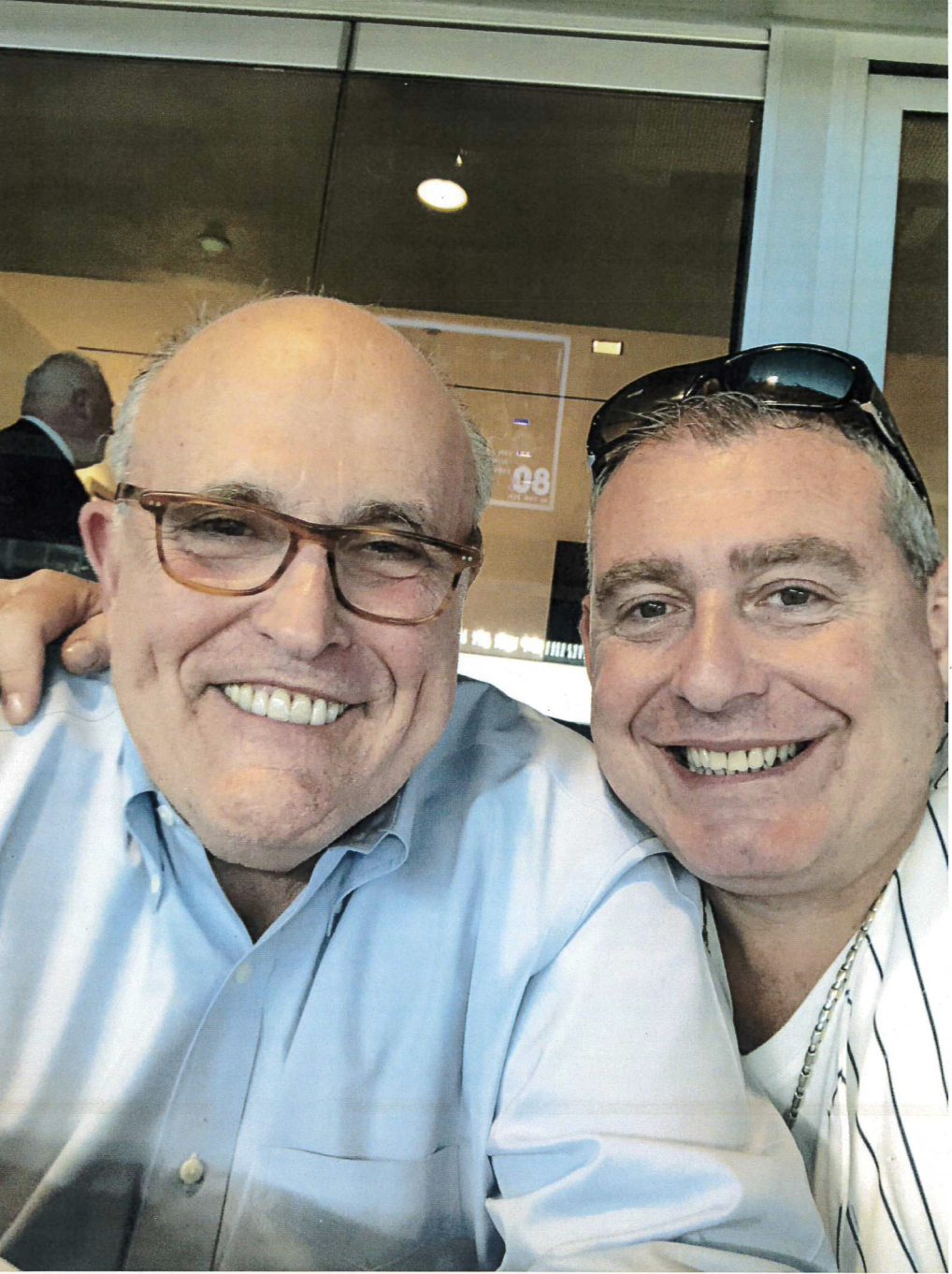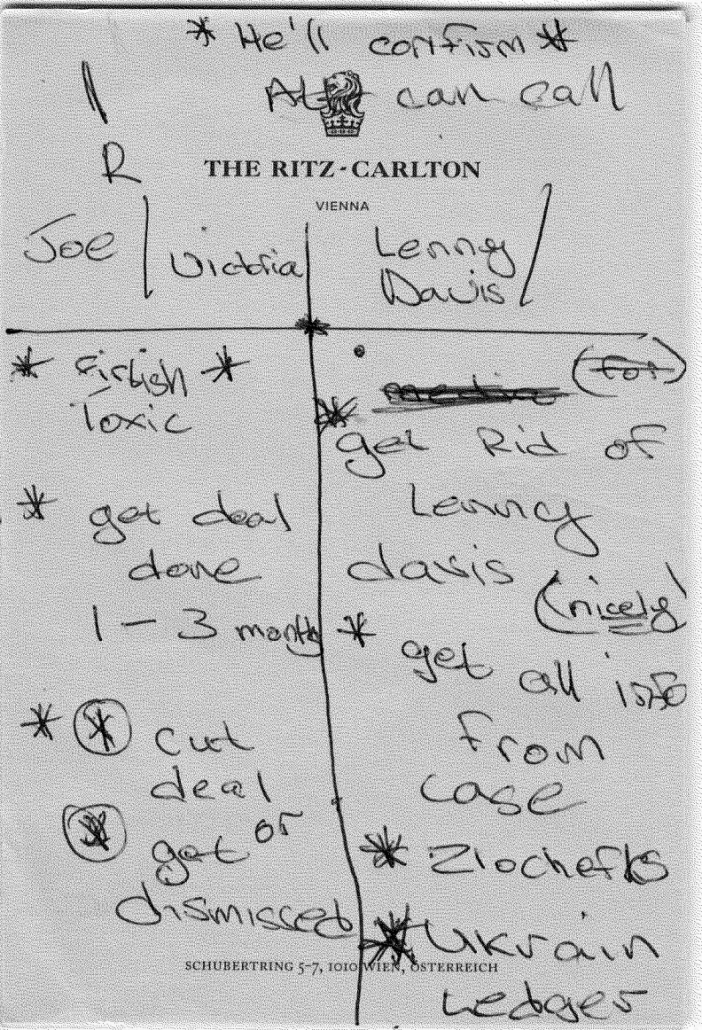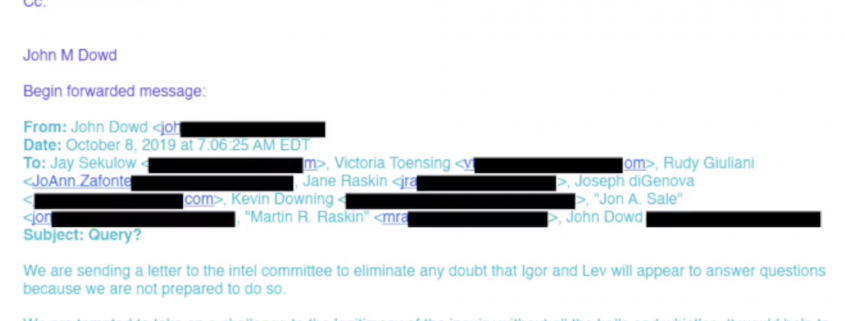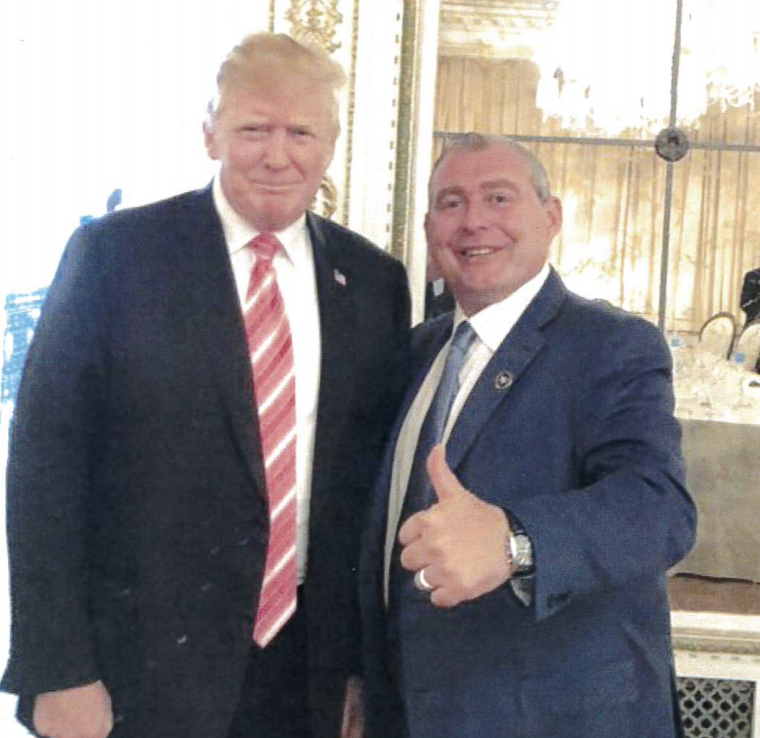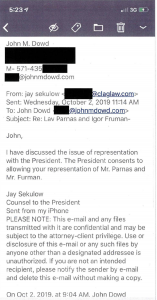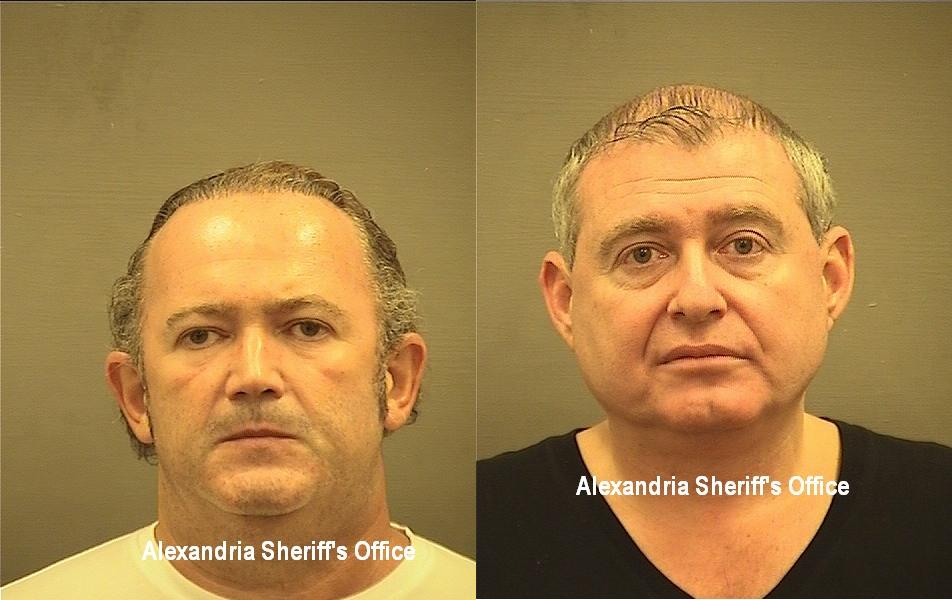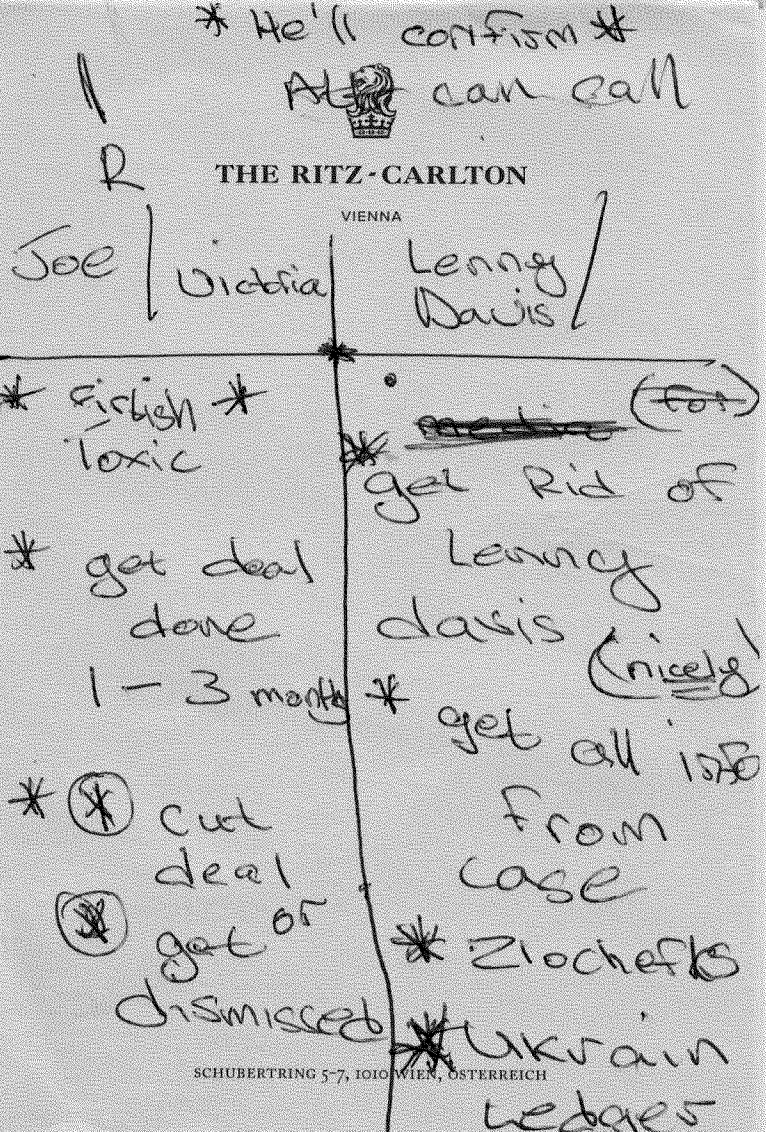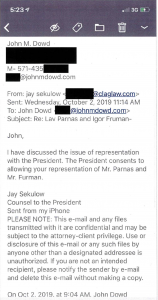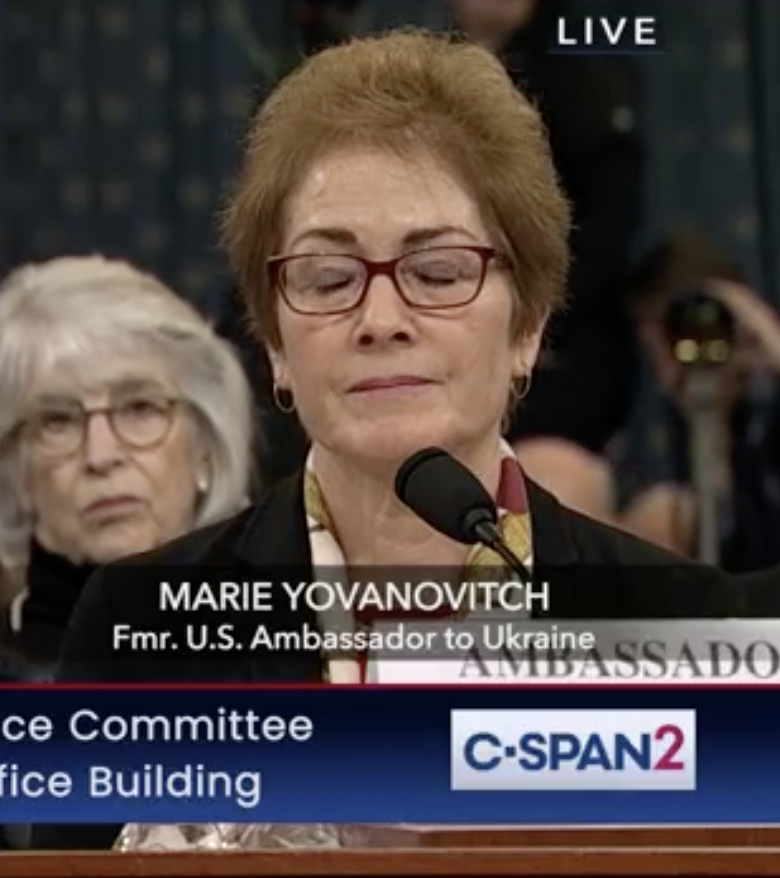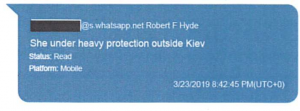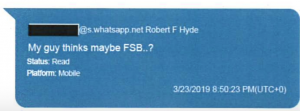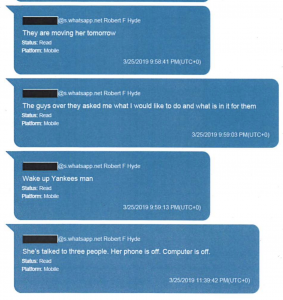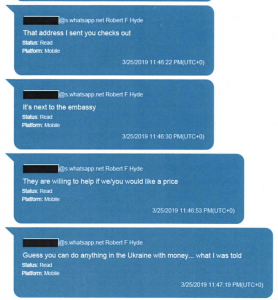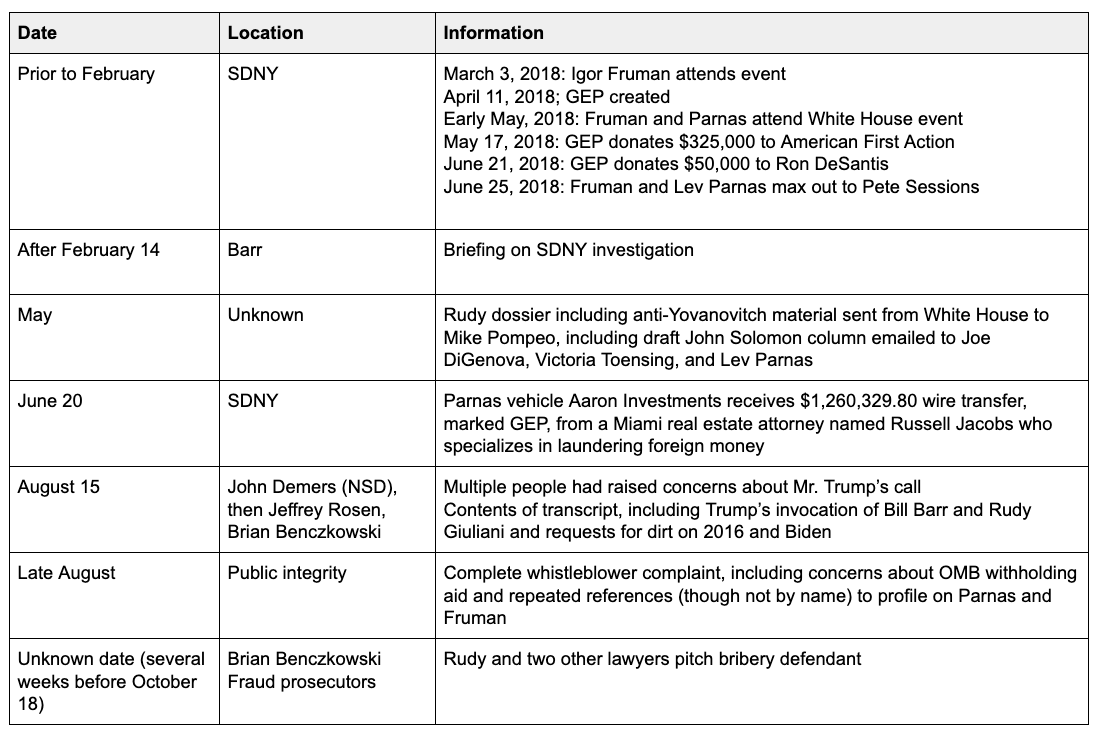I suggested in this post that Lev Parnas appears to believe that how and when he was arrested was an attempt to silence him and force him to take the fall for Trump.
With that in mind, I want to reexamine why he might believe that coming forward now might help his defense.
Obviously, one thing he is trying to do — thus far unsuccessfully — is make it clear that in his actions regarding Ukraine, he is a co-conspirator with the President, Victoria Toensing, Joe DiGenova, and, of course, Rudy Giuliani. That doesn’t mean he didn’t insert himself into that role — by all appearances he did; that’s what his existing indictment is about, how he spent big money to insinuate himself into Trump’s immediate circle.
But since that time, Rudy, Toensing, and DiGenova took actions that might be deemed an overt act of a conspiracy. So did Trump, not least on July 25, 2019, on a call with President Zelensky. Implicating powerful Americans in his influence-peddling is particularly important because, if he can’t do that, he may be exposed to further charges. WSJ reports that, late last year, Parnas’ lawyer Joseph Bondy tried to convince prosecutors that Parnas did not “push[] for the removal of the U.S. ambassador to Ukraine at the behest of a Ukrainian official—one of the charges in the campaign finance indictment.” If Parnas can claim that anything he did after some point in 2018 — which otherwise might be deemed to be FARA violations, suborning perjury, Foreign Corrupt Practices Act violations, bribery, and more — he did with the approval of the President of the United States, he might be able to claim that those actions were the official foreign policy of the United States, which would basically be the same claim Trump is using to defend against impeachment.
None of that may matter, however, depending on what SDNY plans or is allowed to do.
After all, Barr had been briefed on this investigation since shortly after he was confirmed, probably indicating that SDNY deemed it a significant matter reflecting the sensitivities of an investigation into political figures including Pete Sessions, some Las Vegas politicians, Ron DeSantis, and the President’s SuperPAC. As such, Barr would receive advance notice before SDNY took steps against any of these political figures (and it would have to happen before pre-election blackouts kick in in August). The Criminal Division would need to approve any search or prosecution of an attorney, covering Rudy, Toensing, and DiGenova. Barr would have to approve any legal process targeting media figures like John Solomon or Sean Hannity, as he would have to approve their treatment as subjects of the investigation. And, just on Monday, Barr stated he will require Attorney General approval before DOJ or FBI can open a counterintelligence investigation into a presidential campaign (and Trump started his reelection campaign almost immediately upon inauguration).
In short, for SDNY to go after any of Parnas’ other known potential co-conspirators, aside from Fruman, Bill Barr or Criminal Division head Brian Benczkowski would have to approve.
That gives Barr veto power over including most of Parnas’ potential co-conspirators in an indictment with him. And he has made no secret that he was brought in to protect Trump from facing any legal consequences for his crimes.
For a time, it looked like Barr believed he couldn’t protect Rudy. But then Rudy loudly announced he had insurance.
“I’ve seen things written like he’s going to throw me under the bus,” Giuliani said in an interview with Fox News’ Ed Henry about the characterizations and comments made in the media about him and his relationship with the president. “When they say that, I say he isn’t, but I have insurance.”
And if Rudy’s actions are beyond legal sanction, then Parnas is left holding the bag, just like Michael Cohen appears to have been for hush payments he made on the orders of Trump. Indeed, while Parnas expressed some interest in cooperating with prosecutors, if prosecutors are barred from pursuing anyone more senior than Parnas, then there’s little for Parnas to offer.
Which brings us to Parnas’ expressed fear of Barr.
In the second installment of his Maddow interview, Parnas claimed he was doing all of this because he fears Barr — or deems Trump too powerful when he is protected by Barr.
PARNAS: The only reason – if you’ll take a look, and you know very well because you have been following, the difference between why Trump is so powerful now, and he wasn’t as powerful in ’16 and ’17 –
MADDOW: Uh-huh.
PARNAS: – he became that powerful when he got William Barr.
MADDOW: Yes.
PARNAS: People are scared. Am I scared? Yes, and because I think I`m more scared of our own Justice Department than of these criminals right now, because, you know, the scariest part is getting locked in some room and being treated as an animal when you did nothing wrong and – or when you’re not, you know, and that’s the tool they’re using.
I mean, just – because they’re trying (ph) to scare me into not talking and with God’s help, and with my lawyer next to me that I know will go bat for me no matter what, with the truth –
MADDOW: Yes.
PARNAS: – and I’m taking a chance.
That comment makes sense whether he believes Barr had him arrested to silence him or even just worries that Barr will protect everyone else. It would even make sense if — as is quite possible — Parnas is working for powerful Russians or Ukrainians who’ve been trying to control Trump by making him vulnerable.
There’s no doubt that abundant evidence can be shown that Barr is not just covering up, but actively obstructing any investigation into Trump’s actions. As I’ve noted repeatedly, Barr or one of his subordinates:
- Scoped the assessment of the whistleblower complaint to ensure it wasn’t tied to the ongoing investigation of Parnas and Fruman in SDNY
- Failed to share the whistleblower complaint with the FEC, which (if it were functional) could have imposed civil penalties for the illegal solicitation of campaign help
- Had OLC invent a bullshit reason to withhold the complaint from Congress
- Had Kerri Kupec exonerate Trump publicly, reportedly in response to a demand from Trump
Mind you, I’m the only one harping on this obstruction, but they’re still details that deserve more attention.
But that’s not how Parnas is focusing on Barr.
In his interview with Maddow, Parnas twice alleged that he had seen Barr receiving calls from Rudy and others on this stuff. First, he said that Rudy and Toensing and DiGenova had told him they were engaging Barr on this project.
MADDOW: Did Rudy Giuliani tell you he had spoken to the attorney general specifically about Ukraine?
PARNAS: Not only Rudy Giuliani. I mean, Victoria and Joe, they were all best friends. I mean, Barr was – Attorney General Barr was basically on the team.
He then expanded on that to say, first, that he witnessed conversations between the lawyers and Barr, and then, less convincingly, claimed that “Barr had to have known everything. I mean, it’s impossible.”
PARNAS: I personally did not speak to him, but I was involved in lots of conversations that Joe diGenova had with him in front of me, Rudy had with him in front of me, and setting up meetings with Dmytro Firtash’s team. I was involved in that.
MADDOW: Do you know if Rudy Giuliani was ever in contact with Mr. Barr, specifically about the fact that he was trying to get Ukraine to announce these investigations into Joe Biden?
PARNAS: Oh, absolutely.
MADDOW: Mr. Barr knew about it?
PARNAS: Mr. Barr had to have known everything. I mean, it’s impossible.
MADDOW: Did Rudy Giuliani tell you he had spoken to the attorney general specifically about Ukraine?
PARNAS: Not only Rudy Giuliani. I mean, Victoria and Joe, they were all best friends. I mean, Barr – Barr was – Attorney General Barr was basically on the team.
Claiming “Barr had to have known everything,” while seemingly consistent with the public actions of Barr’s DOJ, is not going to be strong enough to get Barr, personally, in trouble.
Though it is worth noting that (in the same way that Devin Nunes unforgot speaking to Parnas as Parnas started rolling out receipts), CNN reported that Barr had attended a meeting where Rudy pitched the case of the Venezuelan paying for the grift long after he had to have known Rudy was under criminal investigation.
The Giuliani meeting at the Justice Department in September became public months ago in the wake of the arrest of two Giuliani associates, Lev Parnas and Igor Fruman, who were working on Giuliani’s Ukraine mission for the President.
Brian Benczkowski, assistant attorney general for the criminal division, issued a public statement at the time expressing regret for holding the meeting and saying he wouldn’t have met with Trump’s personal lawyer had he known about Giuliani’s role in the ongoing investigation.
But department officials didn’t mention then that Barr was also in the meeting. Barr was at the meeting for about 10 minutes and had dropped in to greet other lawyers who worked alongside Giuliani to represent the Venezuelan businessman, according to a Justice Department official. His presence is also notable because Justice officials have said he was briefed after taking office in February on the investigation by Manhattan federal prosecutors into Parnas and Fruman, and the connections with Giuliani.
There’s almost certain to be more, though. When Maddow asked Parnas whether he knew whether Barr ever spoke with any of the Ukrainians that Parnas was grifting (the question I’ve been asking for some time), he claimed not to recall, even though the entire point of his interview was to talk about how he had come forward out of fear of Bill Barr.
MADDOW: Do you know if Attorney General William Barr every [sic] spoke with any Ukrainian officials?
PARNAS: I don’t recall at this moment. I’d have to look at my text messages and see.
There is absolutely no way that Parnas did not know, when he gave this answer, whether he has proof that Barr was personally involved with the three Ukrainians who have spoken to John Durham. None.
Which likely means Parnas does have proof that, contrary to every denial DOJ has issued since they started issuing very carefully crafted denials since September 25, Barr did interact with the corrupt Ukrainians Rudy was teeing up.
Parnas kept receipts, for just the moment when his grifting on behalf of Trump and his associates can do damage. Those receipts might, conservatively, make additional charges from SDNY more difficult. They might even make a cooperation deal possible.
But it sure sounds like something even crazier. Parnas apparently believes Barr makes Trump something he hadn’t been before, protecting Trump in a way he hadn’t been. But that’s only true if Parnas can’t produce proof that Barr is part of this conspiracy.
In other words, whatever the reality, Parnas appears to be dribbling out the receipts implicating the people that SDNY prosecutors work for in an attempt to either increase the chances of cooperating out of his indictment or at least raising the costs of any further charges.
Perhaps a more interesting question is why SDNY prosecutors permitted Parnas to launch this media campaign. They didn’t have to: Parnas got permission to modify the protective order on this stuff so he could release it, and they may have had to question Robert Hyde earlier than they otherwise intended to because of the publicity surrounding Parnas’ texts with Hyde. SDNY might be doing it to encourage a criminal target to run his mouth and say something incriminating. They might have done it for counterintelligence reasons, to see who responded to this media campaign. But it’s also possible that SDNY is happy for Parnas to expand the possible scope of their own investigation by making it harder for Barr to protect Rudy and others.
The suspense, though, has to do with that non-committal answer Parnas gave about whether he has any texts directly implicating the Attorney General of the United States. A defendant being prosecuted by the Department of Justice was asked whether he had proof that the top law enforcement officer in the country was personally implicated in his corrupt influence peddling.
And Parnas is not telling. Yet.

